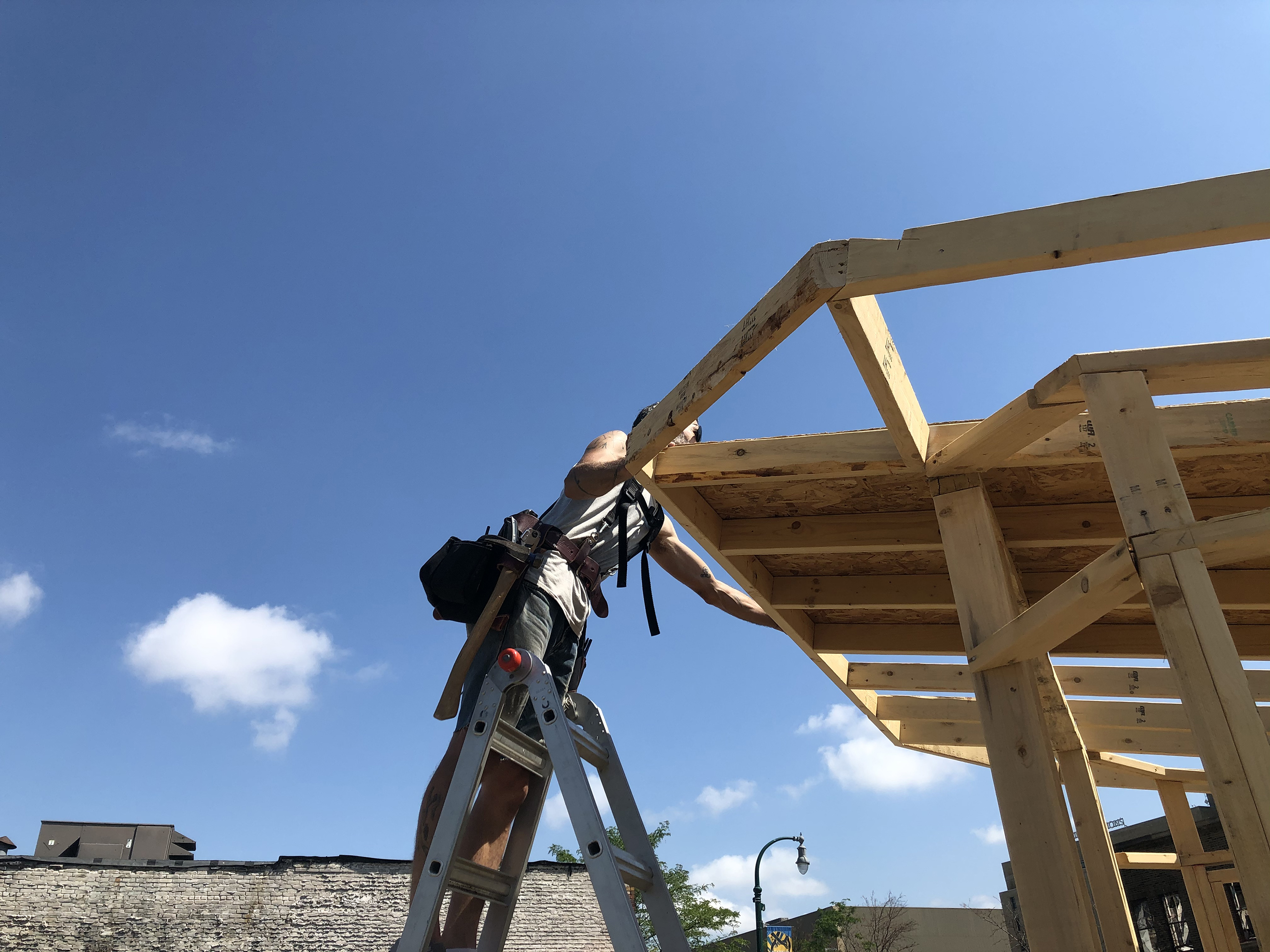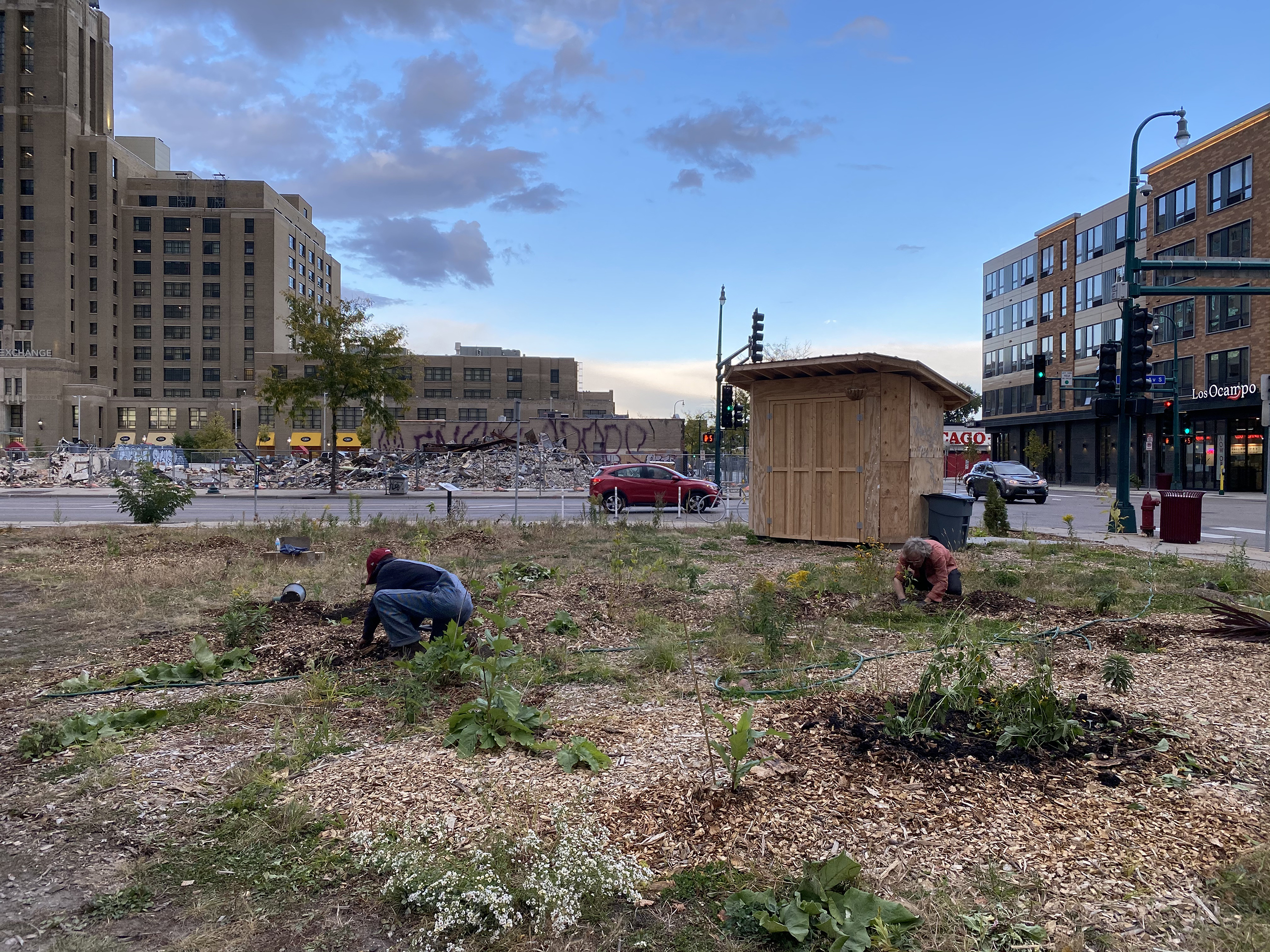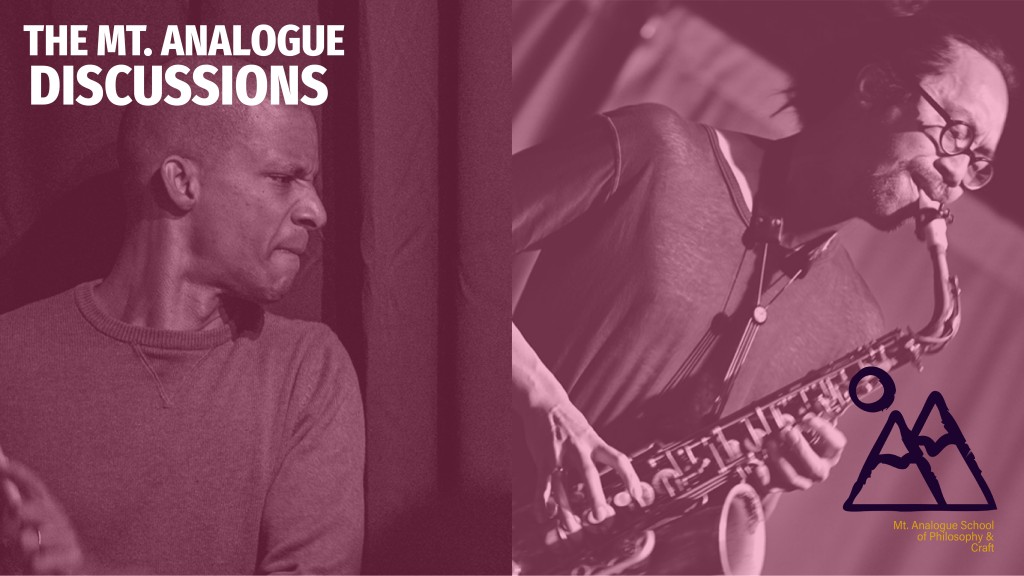For the early stages, and just as much moving forward, the work at Roberts Annex: Past, Present, & Future aimed towards illustrating the “desires of the neighborhood” as opposed to its current needs. Why did we find this necessary in creating a framework towards determining the future use of the Roberts site? We were afforded two perfect examples of why in a matter of weeks, following the start of this process. With the onset of the Corona Virus and the murder of George Floyd, the uprising and its aftermath, the “needs” of the neighborhood turned on a dime. Each pressing need competing with the next for its due focus. So, does this mean that at all times we ignore present needs? Of course not. But needs, while telling and often trenchant, don’t tell the whole story. They are an element of an unfolding narrative. Desire moves at a slower, more organic pace and allows for a deeper understanding of what makes life “livable,” or at least could, if made expressible and within reach. And so, when afforded, such as in the case of the Roberts site, working on the clock of “People’s Time,” by focusing on the desires of those who show up, and by providing means to express those desires in ways most applicable to their nature, the rooted, long standing needs of the neighborhood will begin to more clearly reveal themselves. And in this fashion, we’ll find that those rooted needs will be stronger, and if supported, more resilient and responsive to future crisis and / or friction. It’s in this way that our process aimed to look towards both the material AND immaterial future of the site. By doing so, the work helps to cultivate a resilient form, the energizing of a space between peoples.

The most salient asset at our disposal to help illustrate desire and cultivate rooted need was the construction of Social Tools, by which we mean forms that have a low barrier of entry, are inviting but necessarily abstract in some way, ask for involvement and assistance, and are always in a process of transformation based on use. Social Tools are the result of Social Craft. Craft, at its core, is about refining something to its simplest, surest form to provide the greatest amount of use with ease. In the Old English Cræft meant strength or skill. In this sense a “small craft” references a boat, well-made, easy to use, perfectly understandable and accessible at its core, ready to take you someplace. Social Tools invite you to go somewhere with others.
We began, as previously explained, with the lot itself, inviting neighbors to transform the land through cooperation and shared labor, experience, and knowledge. In collaboration with Moon Palace Books – prior to Covid and the Uprising, a vital space for communing around the social and political desires of the Ward – we decided to site a “pay-what-you-wish” newsstand on the lot. A “design build” project, the construction of the newsstand itself illustrated that the work on the lot was: communal, cooperative, open, and amateurish in its best sense, as in created through care and affection over profit. We began to construct the newsstand over time and in tandem with cultivation of the land itself. The newsstand acted as an information kiosk so that, multiple days per week, an ambassador to the ethos of the work could be on-site to speak with curious neighbors. A broadside newspaper, in an edition of 5000, was designed, printed, and distributed from the newsstand (as well as hand-to-hand and to neighbors homes) that explained the goals of the work at Roberts. Books were made available that could be purchased for whatever price you wished to give. A purchase could be made with money or a simple “thanks, I’m so excited to read this.” Books of all sorts were donated by Moon Palace, neighbors and far-away Roberts enthusiasts, and international publishers like Penguin Random House and Verso Books.

Neighbors walked by and asked questions. Often they would ask if they could help, literally dropping what they were doing, picking up a hammer or a shovel, carting wood chips in a wheelbarrow across the lot. Many dug up plants in their own yards, transplanting them to the Roberts lot. Western Container Company donated a shipping container which was slowly transformed to house printing and binding equipment for a community printshop. This transformation involved, just as much, sawing and fastening as it did sitting on the lot with neighbors with a barbacoa taco from across the street at Los Ocampo, discussing ideas about what fashioning our own print media to discuss the re-building of our neighborhood could look like.

Sam Babatunde Ero-Phillips (architect and urban planner), Christie Owens (grade school educator and healer), and “Mack the Barber,” whose barbershop is located just a few blocks down the road from the site of George Floyd’s murder on 38th St. collaborated on a pop-up barbershop and altar. Mack provided free haircuts for a week’s time on the lot. In collaboration with artist and professor John Kim, Chair of Media Studies at Macalester College, we staged an ongoing series of dialogues titled From Emergency to Emergence: Shaping the Future with Mutual Aid and Solidarity that focused a macro-to-micro lens on issues of mutual aid and cooperation in light of the present state of the neighborhood and its geographical and historical analogs. A collaboration with our neighbors, CLUES – Comunidades Latinas Unidas En Servicio, took place wherein for a day the lot was turned into a much needed resource distribution site for fresh food, school supplies, and more. Art installations appeared and disappeared, musicians such as Davu Seru and Mankwe Ndosi performed, puppet shows and improvisations took place, benches were built, and most importantly, conversations unfolded over time and over shared labor.



